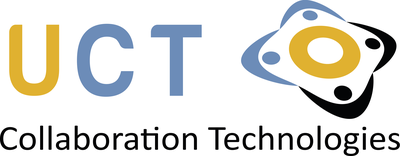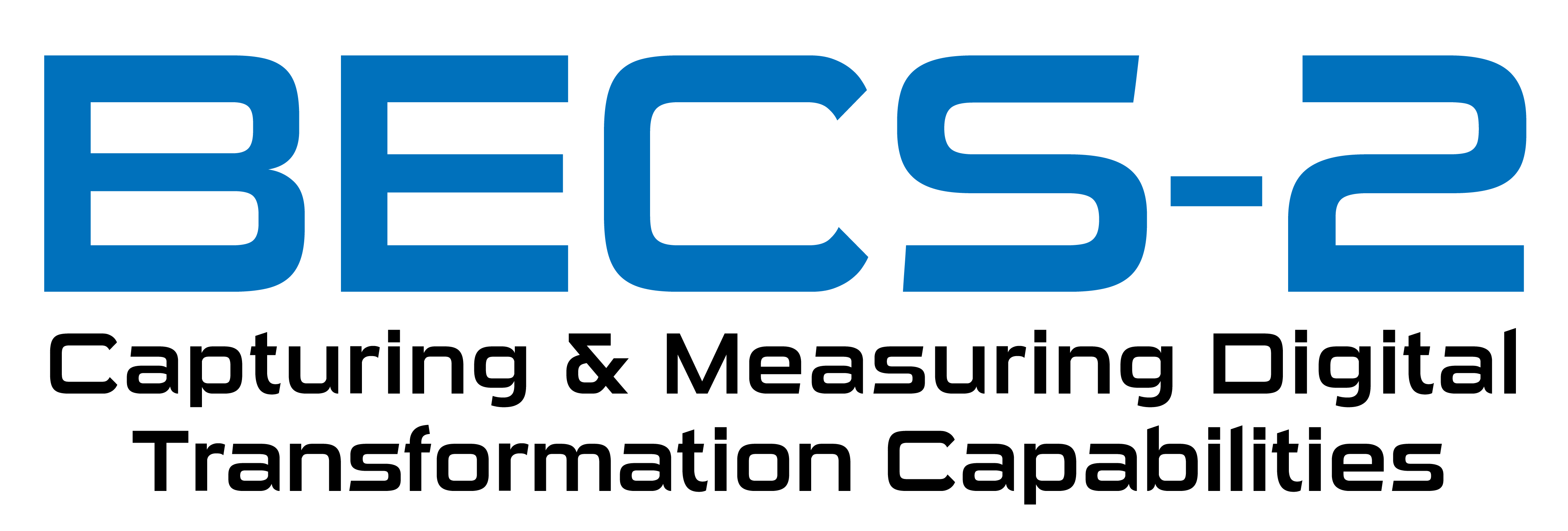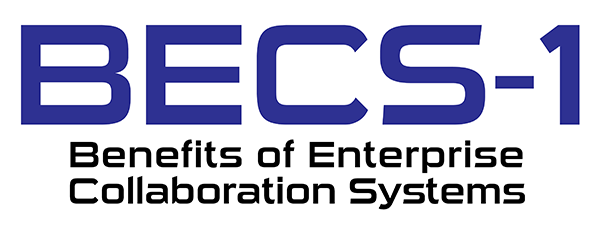UNIVERSITY OF KOBLENZ
Universitätsstraße 1
56070 Koblenz

2C-NOW²: Hybrid Workgroups and Workspaces (DFG)
2C-NOW2 builds on the concepts, methods, and findings achieved in 2C-NOW Phase One to extend our existing trace analytics work by developing novel methods for conducting trace ethnographies and analysing rich contextual data from workplace studies. Together, these methods are used to provide empirical evidence and insights into how new arrangements for hybrid work are transforming working worlds and to enable rich contextual analyses of hybrid workgroups and emerging coordinative practices.

2C-NOW Collaboration and Coordination in Networks of Work (DFG)
This project investigates transformations to work processes and practices in large-scale, heterogeneous enterprise collaboration platforms in order to obtain a deeper theoretical and practical understanding of how collaborative work takes place within the digital workplace.

BECS-3 Cross-Level/cross-System choreography of collaborative work processes (DFG)
In the BECS-3 we extend the scale and scope of the BECS research programme to examine digital work processes in greater depth. In combination with the research being conducted in the 2C-NOW and Social Process Mining projects, we extend our research to analyse the cross-level, cross-system orchestration of collaboration work processes in order to identify how work is orchestrated across a complex, heterogenous enterprise collaboration platform.

IndustryConnect
IndustryConnect is a practice-based research community undertaking research in the areas of digital transformation and the digital workplace.
Launched in early 2015 IndustryConnect is an initiative of CEIR (Center for Enterprise Information Systems Research) a cooperation project between the Enterprise Information Management Research Group (FGEIM) and the Business Software Research Group (FGBAS).

University Competence Center for Collaboration technologies (UCT) powered by HCL
The purpose of this project is the establishment and the operation of a competence center for educational institutions. Its aim is the identification of a broad spectrum of established, as well as alternative technologies in the field of collaborative work. Further goals are the target-group-specific review of the existing knowledge of collaborative technologies. The learning-platform is complemented by international research projects in the fields of collaborative technologies.

BECS (Phase 2): Capturing and Measuring Digital Transformation Capabilities
BECS-2 builds on and extends the work completed in the original project (BECS-1). The project examines the transformative characteristics of ECS. Through the collection of research data in the form of case studies, surveys, interviews, and logfile data from 29 ECS using organisations, and provides the first large-scale, comprehensive, empirical study on the role of ECS in the digital transformation of organisations.

BECS (Phase 1): A Sociotechnical Framework for ECS Benefits Realisation (DFG)
Digitisation and the transition to the Digital Workplace are driving profound change in organisations. Enterprise Collaboration Systems (ECS) that provide large-scale, integrated and socially-enabled collaboration platforms have emerged as a fundamental component of the Digital Workplace. The benefits of ECS and methods for the identification, measurement and realisation of ECS benefits were the subject of investigation in the first phase of this project